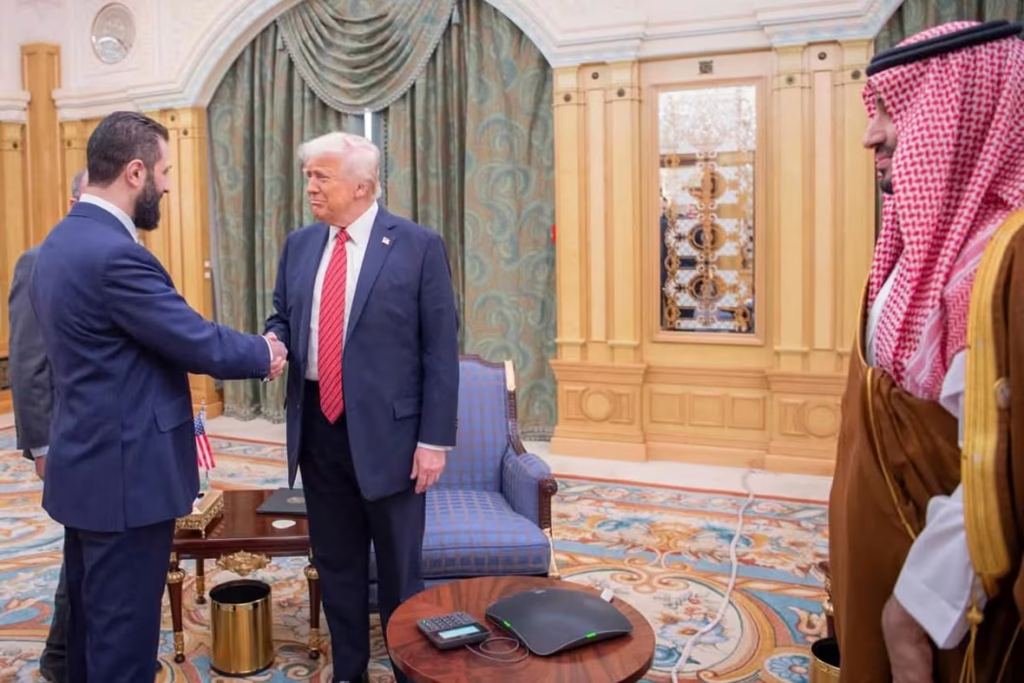In an extraordinary move that has stunned the international community, Turkiye has issued an arrest warrant accusing Israeli Prime Minister Benjamin Netanyahu and senior members of his government of genocide and crimes against humanity in Gaza. This action, widely covered as the Turkiye Netanyahu genocide warrant in global headlines, comes at a time of intensifying scrutiny over Israel’s actions in the Palestinian enclave and has far-reaching legal, diplomatic, and geopolitical consequences. Here’s an in-depth look at what the warrant means, the reactions it has spurred, and how it could reshape the political dynamics of the Middle East and beyond.
The Warrant: What Turkiye Announced
On November 8, 2025, the Istanbul prosecutor’s office announced arrest warrants for Netanyahu and 36 other Israeli officials, including Israel’s Defense Minister, National Security Minister, and Army Chief. The charges: systematic genocide and crimes against humanity perpetrated during Israel’s war in Gaza. The announcement cited attacks on civilians and specifically referenced the bombing of the Turkish-Palestinian Friendship Hospital in Gaza a facility constructed by Turkiye, allegedly targeted by Israeli strikes in March.
The move marks the first time a NATO nation has pursued such aggressive legal action against a sitting Israeli leader, and it aligns Turkiye with other international actors, like South Africa, that are seeking judicial recourse for alleged war crimes at the International Court of Justice (ICJ).
Legal Ramifications: Jurisdiction and International Law
While Turkiye’s arrest warrant is a powerful statement, its practical enforcement is limited. Netanyahu and the other named Israeli officials are unlikely to face arrest on Turkish soil unless traveling there and Israel has forcefully dismissed the charges as baseless and politically motivated.
Key legal considerations:
- Universal Jurisdiction: Turkiye is invoking a principle that allows courts to prosecute individuals for genocide and crimes against humanity regardless of where the crime occurred or the nationality of the accused.
- Precedent: Similar international indictments have rarely resulted in arrests, but have caused significant diplomatic obstacles for accused leaders (e.g., Sudan’s Omar al-Bashir, Russia’s Vladimir Putin).
- Symbolic Weight: The warrant is a major tool for “law fare,” applying international legal pressure even if direct prosecution is unlikely.
Diplomatic Fallout: Reactions Near and Far
Israel’s Response:
Israeli officials have vehemently rejected the warrant. Foreign Minister Gideon Saar called it a “publicity stunt” by President Erdogan, denouncing Turkiye’s judiciary as politicized and untrustworthy. Other senior Israeli leaders argue that the move demonstrates why Turkiye should have no future role in the governance or stabilization of Gaza, a position echoed widely in Israeli media.
Palestinian and Pro-Palestinian Groups:
Hamas and other Palestinian factions immediately welcomed Turkiye’s action as “commendable,” framing it as long-overdue accountability for Israel’s military operations.
United States and EU:
Most Western governments have not recognized the warrant, reiterating calls for de-escalation but warning against unilateral legal moves that could complicate peace efforts.
Other Regional Actors:
Arab states remain divided some quietly support Turkiye’s stance, while others worry it could sideline diplomatic negotiations.
Geopolitical Implications: Power, Politics, and Precedents
1. Turkiye’s Regional Ambitions
Erdogan’s government has been one of Israel’s most vocal critics in recent years, especially since the Gaza war escalated in 2023. By taking a hardline legal step against Netanyahu, Turkiye positions itself as a defender of Palestinian rights and a champion of international justice seeking to galvanize public opinion across the Muslim world and assert its influence in post-war stabilization efforts for Gaza.
2. Israel’s Isolation and Resistance
The arrest warrant adds to Israel’s sense of diplomatic siege. With increasing cases at the ICJ and growing calls for trade boycotts, Israel faces mounting scrutiny from both adversaries and some former allies. Yet the Israeli government remains defiant, warning that legal attacks foster further mistrust and diminish prospects for dialogue or regional security agreements.
3. Wider Impact on International Law
Turkiye’s action could embolden other states to pursue similar legal strategies against leaders accused of atrocities potentially making high-profile travel risky and intensifying the trend of “weaponizing” international law for political purposes.
4. Implications for Gaza’s Future
Turkiye’s moves complicate ongoing discussions over the political and security rebuilding of Gaza after the war, with Israel explicitly rejecting any Turkish involvement in new stabilization forces as part of a U.S.-led ceasefire plan.
The Road Ahead: What Can We Expect?
- Stalled Diplomacy: With mutual recriminations and ongoing violence, Israeli-Turkish relations are close to their lowest point in decades.
- International Pressure: While fewer countries recognize or will enforce the warrant, the symbolic move will increase pressure on the UN, ICC, and other multilateral institutions to investigate war crimes allegations more seriously.
- Domestic Implications for Israel and Turkiye: Erdogan’s popularity among his base may surge, while Netanyahu’s government will use the warrant to solidify nationalist support at home.
Conclusion: A Precedent-Setting Power Play
The Turkiye Netanyahu genocide warrant is more than a legal gesture it’s a diplomatic and geopolitical maneuver sending shockwaves across the Middle East. Whether it leads to real legal consequences or not, it has reset the terms of debate on Gaza, accountability, and the use of international law in times of war. As Israel and Turkiye brace for further fallout, one thing is clear: this bold accusation will reverberate in the corridors of global power and may shape the language and limits of justice in international conflict for years to come.


